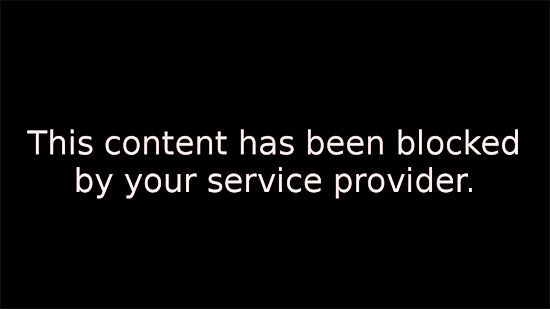|
from OccupyCorporatism Website
Reports state that the Federal Communications Commission (FCC) is expected to unveil rules that prevents internet service providers (ISPs) from discriminating or blocking content from any website or brand.
Simultaneously, the FCC will also hand over power to ISPs to give preferential treatment to self-determined websites with an additional agreement that websites will be "commercially reasonable".
This would funnel huge amounts of cash flow to be used to ensure consumers are marketed to and followed across the internet for promotional purposes.
This proposal has given cause for,
...to expand their overreaching controls to monitor content and decide what is available for internet users to see.
In addition, the FCC has opened,
The door has been opened for,
In January, the US Court of Appeals for the District of Columbia Circuit ruled that the Federal Communications Commission (FCC) does not have legal authority to mandate that broadband service providers (BSPs) treat content equally on the internet.
This translates to BSPs being able to manipulate online traffic as well as charge a premium to corporations such as Netflix for faster connections.
In response, Tom Wheeler, chairman of the FCC told the Minority media and Telecommunications Council (MMTC) that his agency would "find other ways to enforce" net neutrality.
In 1996, with the passage of the Telecommunications Act the FCC was given power to regulate internet service providers (ISPs) as either telecommunications services or information services. The difference is that ISPs transmit data; wherein information services process the data.
To confuse the matter, cable corporations, who both transmitted and processed data, were brought into the mix and labeled as both telecommunication and information services while the industry contended that there could only be one classification for each company.
According to the Telecommunications Act, an information service must be regulated as a common carrier as outlined in Title II and even extending telephone companies to have the option of providing video programming as a conventional cable television operator.
|

